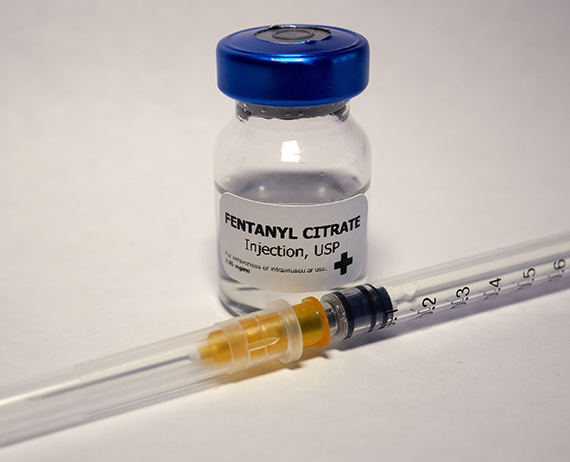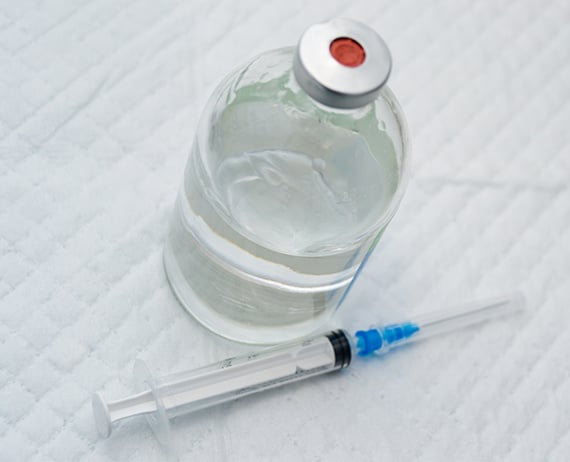
Opioids

What are opioids?
Opioids are made from opium or synthetic substitutes. When taken as prescribed by your medical provider, opioids can be used for pain relief, anesthesia and more. When misused, opioids can be highly addictive and potentially fatal.

Fentanyl

What is xylazine?
Find Support
Opioids can be highly addictive. Providers across South Dakota are equipped to provide treatment and medications for opioid use disorder that can assist in managing cravings and withdrawal symptoms. Whether you’re seeking treatment for yourself or for someone you care about, help is available.
Signs You May Consider Seeking Help
If you’re concerned about substance misuse, you’re not alone. Substance use disorders present differently in everyone, but you may want to consider seeking help if one or more of the following apply to you.
- Need more of a substance to achieve the same effects
- Experience withdrawal symptoms when you’re not using
- Have felt negative impacts at work, school or on your relationships due to using
- Have engaged in risky or dangerous behaviors to obtain substances
- Have experienced legal, financial or health problems due to use
- Want to quit but can’t


Medication for Opioid Use Disorder
Medication for Opioid Use Disorder (MOUD) is a scientifically proven form of treatment that uses FDA-approved medications to help reduce cravings and withdrawal symptoms. MOUD can help individuals achieve and maintain recovery, by assisting in treatment retention and improving overall health.



